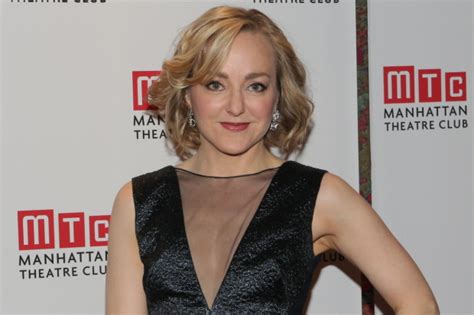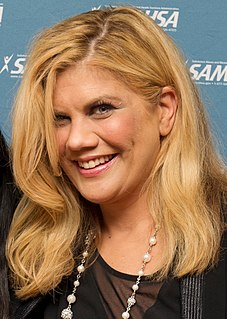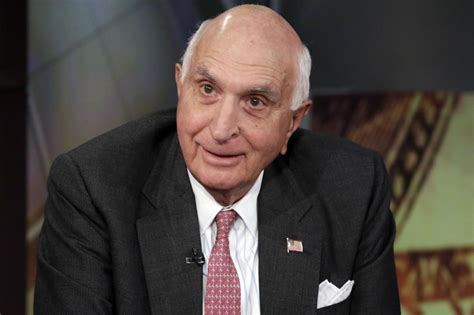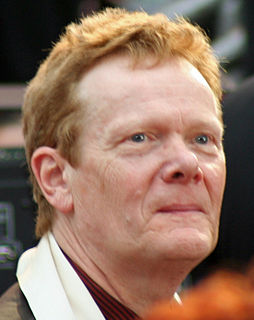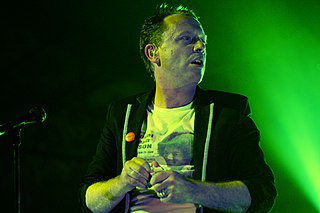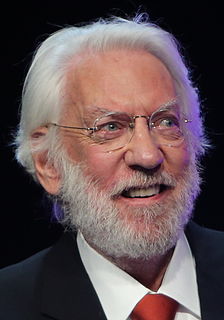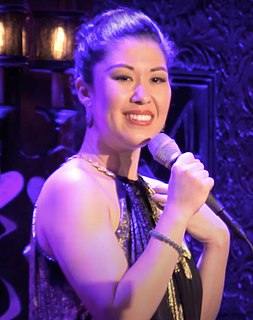A Quote by Geneva Carr
I don't come from an artistic family, so I didn't know what theater was. I was working on Wall Street in the '90s, and I went to see 'Appointment With a High-Wire Lady' at Ensemble Studio Theatre, and it affected me so deeply. It changed everything I thought about the arts. I quit banking and became an actor.
Related Quotes
I think it became blurry because I grew up in a very private family. I mixed privacy and secrecy up somewhere along the line. Everything became a secret, and I thought that was how you should live. Lying about everything. The mask I put on as a kid to survive was the funny lady. Then the funny person all of a sudden became harder to do without substances. Substances let me keep the mask on longer. Until it doesn't work anymore and you're just a mess.
I grew up in an artistic family where everyone was doing something in one field of the arts or another. I was I think 12 years old when I did my first acting at the Actor's Studio and James Dean once said that the only reason to become and actor is because you have to. I think that you know from a young age if that is a certain rush that you're going to need to satisfy you and to make you feel fulfilled - and if you don't then you shouldn't do it. It's just too brutal of a business most of the time.
I majored in drama and theater arts at Columbia and was always in acting studio, but that was a liberal arts degree, not a bachelor of arts degree, so I didn't have a traditional conservatory training. There was a lot of reading and a lot of writing involved, and only about 30 percent of my classes were directly theater-related.
That one record changed everything for me. After Sgt. Pepper, it's the most influential record in the history of rock and roll. It affected Pink Floyd deeply, deeply, deeply. Philosophically, other albums may have been more important, like Lennon's first solo album. But sonically, the way the record's constructed, I think Music from Big Pink is fundamental to everything that happened after it.
I consider being a performer work. I come from a theater family; I've been an actor all my life. I started acting when I was a kid, and I've earned a living as an artist all my life. It's my job in the sense that it's everything I am, the only thing I know how to do. I literally do not have qualifications to do anything else on this planet. Seriously, it's scary. [But] I don't consider it a job [because] it's my religion - it's my faith, it's my family, it's everything to me.
I come from Nova Scotia, and I'd never seen a theater or been inside of a theater. When I was 17, my dad asked me what I wanted to do, and I said I thought I would like to be an actor. I didn't have any idea what it was to be an actor. None. I'd wanted to be either an actor or a sculptor, which are both essentially the same thing. That's how it all started for me.
The truth is, everything we know about America, everything Americans come to know about being American, isn't from the news. I live there. We don't go home at the end of the day and think, "Well, I really know who I am now because the Wall Street Journal says that the Stock Exchange closed at this many points." What we know about how to be who we are comes from stories. It comes from the novels, the movies, the fashion magazines. It comes from popular culture.
Being an actor in TV or movies is different. A film or TV actor, if put in theatre, won't know certain dimensions, while a theatre actor won't know certain things when he comes before the camera. So I think a film actor can learn emoting from this theatre counterpart, while the theatre actor can learn about camera techniques from the film actor.
